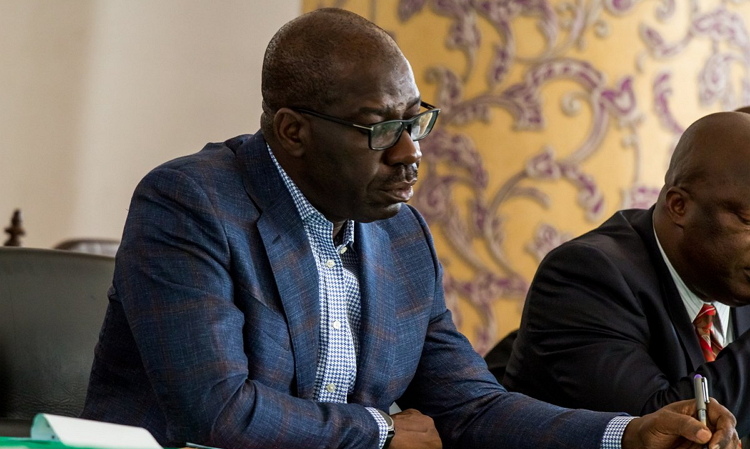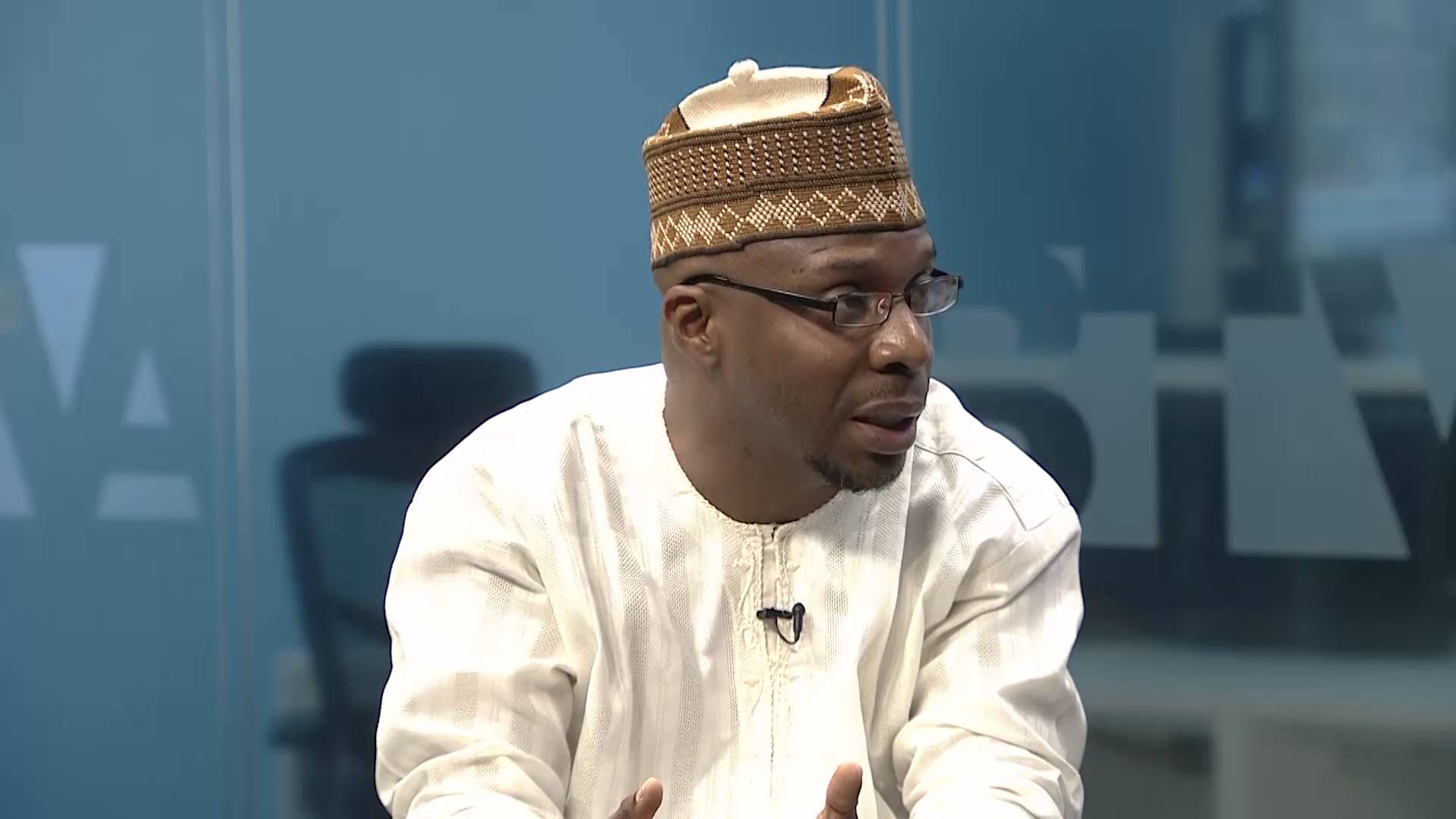…As Kumuyi, Usman, others bag honourary doctorate degrees at University of Abuja
President Muhammadu Buhari on Saturday reiterated his government’s resolve to reduce the rate of unemployment in the country.
Buhari, who was represented by Deputy Executive Secretary, National Universities Commission (NUC), Prof. Chinedu Mafiano, spoke at the 22nd convocation ceremony of the University of Abuja on Saturday.
The General Superintendent, Deeper Life Bible Church, Pastor William Kumuyi was awarded an Honourable doctorate degree along with the late Ahmadu Bello University’s historian, Dr. Yusuf Bala Usman and Alhj. Dikko Aliyu, for their contributions to nation building.
Kumuyi ( Doctor of Science) Usman (Doctor of Letters) and Aliyu (Doctor of management) joined 7,148 graduands to receive their degrees at the university’s main campus. Felix Jimoh emerged best overall graduating student.
A breakdown of the figures showed that 16 students bagged first class, 507 second class upper division, 3,143 second class lower division, 3,160 third class and 180 students had pass degrees.
President Buhari said: “My government is working hard to reduce the unemployment rates through several programmes and initiatives including the N-power, agriculture, small and medium scale businesses (SMEs), all of which are supported by government guaranteed loan scheme. I encourage you all to key into any of them for national growth and development.
“Government will devote attention to technical and vocational educational training to impact the necessary skills to our youths in a bid to provide the requisite, competent and reliant personnel that can sustain the nation’s economic activities for the required socio-economic transformation.”
He charged Nigerian universities to continue to partner governments at all levels in order to build a thriving economy.
“The Nigerian university system must continue to be partners in progress with governments at all levels. My administration recognizes that interdependency and professionals are the drivers of a thriving economy.
“If we must keep up with this global trend, education must be given its right place. My government is determined to continue to improve access to quality in our educational system.
“Consequently, infrastructure, teachers development, curriculum relevance, funding and planning will continue to receive a boost with the resolve that they will facilitate the desired change in sociology-economic, political, and technological sectors,” Buhari added.
Pastor Kumuyi, in his address, said the awardees would continue to contribute their quota to the development of the university.
He charged the graduating students to use the knowledge they have acquired to help transform the country into a global economic power.
He said: “Nigeria has many opportunities despite the challenges we face as a nation today. You must be determined to use the knowledge that you have gained at this university to help transform our nation into the global economic powerhouse that it is destined to be.
“All hands should be joined together to provide lacking structures and indispensable facilities required for academic excellence. We must focus on our vision and have faith. With our belief, ambition, determination and the fear of God, we can make University of Abuja better,” Kumuyi, said.
Vice Chancellor of the university, Prof. Michael Adikwu, noted that there had been much improvement in the activities of the university as seen in staff training and development of infrastructures.
He urged the graduands to rise up to the socio-economic challenges that the country currently faces by being creative.
He appealed to Buhari for more funds, noting that the institution still lacked adequate funding to complete crucial projects.
Prof. Adikwu said: “At this convocation, the university will be graduating a total of 7, 148 made up of 16 first class graduands in the first degree category, 507 second class upper division, 3,143 second class lower division, 3, 160 will pass out with third class while 180 of the graduands have pass degrees.
“A total of 242 higher degree graduands, made up of 91 Postgraduate Diploma holders, 78 Masters Degrees and 73 with Doctorate Degrees. We congratulate them.”

